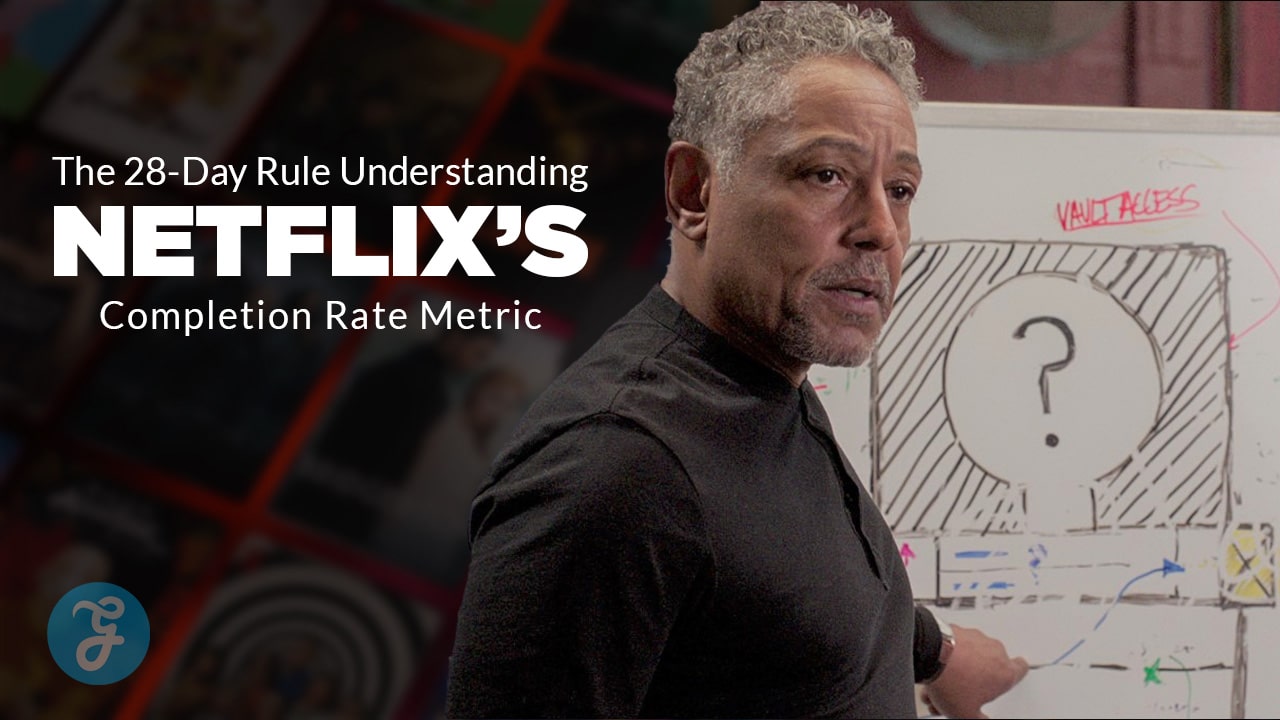The way banks make credit decisions is evolving rapidly thanks to the rise of fintech solutions. Traditional credit scoring models often fail to capture the full scope of a borrower’s financial health, leaving many individuals without access to credit. However, with artificial intelligence (AI) integration, banks can now evaluate a broader range of data points to make more accurate and personalized lending decisions.
AI-powered tools are transforming credit scoring, risk assessments, and loan approvals, enabling lenders to offer more innovative, faster, and more inclusive financial services. This shift in credit decision-making is helping banks better assess risk and allowing more individuals to access the credit they might have been denied under traditional systems.
1. AI-Powered Credit Scoring
Fintech is rapidly changing the way banks make credit decisions. AI lending platforms are at the heart of this transformation, offering more innovative, efficient methods for assessing creditworthiness. Traditional credit scoring models, which rely heavily on credit history and other static information, are being replaced by dynamic AI-driven solutions.
These platforms use a wide range of data to calculate credit scores, allowing for a more comprehensive view of a borrower’s financial health. As a result, banks now have access to more accurate and detailed information, enabling them to make decisions that better align with individual financial realities.
AI lending platforms provide faster and more accurate credit scoring by analyzing vast amounts of data that traditional methods cannot handle. These platforms consider spending habits, payment history, and social media activity to create a more nuanced and accurate credit profile. As a result, banks can make better-informed lending decisions while reducing the risk of defaults.
2. Real-Time Data Analysis
One of the most significant advancements fintech brings to credit decisions is the ability to process and analyze real-time data. Traditional credit scoring models rely on outdated data that can quickly lose relevance. By contrast, AI lending platforms continuously evaluate borrowers’ financial status in real-time, providing up-to-date insights.
Using real-time data analysis, banks can make quicker, more accurate decisions. AI lending platforms monitor everything from income fluctuations to changes in spending patterns, making it easier to assess a borrower’s current financial situation. This ability to adapt to real-time changes helps banks offer more personalized lending options, ultimately improving customer satisfaction and leading to better lending outcomes.
3. Automated Underwriting
Automated underwriting is another fintech innovation that is reshaping how banks make credit decisions. AI lending platforms streamline the underwriting process, replacing manual reviews with automated systems that can assess applications in minutes. This speed is especially beneficial in industries like personal loans and mortgages, where the demand for quick responses is high.
Automating underwriting processes also reduce the likelihood of human error and bias. AI-powered systems analyze loan applications based on a broader range of data points, ensuring that decisions are made fairly and consistently. As a result, banks improve efficiency and enhance the accuracy and fairness of their lending practices.
4. Risk Mitigation Through Predictive Analytics
Predictive analytics is one of the most valuable aspects of fintech in credit decisions. AI lending platforms use sophisticated algorithms to predict the likelihood of a borrower defaulting on a loan. By analyzing historical data and identifying patterns in borrower behavior, these systems can help banks make more informed decisions about which loans to approve.
Predictive analytics enable banks to reduce the risks associated with lending. By assessing future risk based on data trends, AI lending platforms allow banks to approve more loans confidently, knowing they have a clearer understanding of the borrower’s ability to repay. This predictive power enhances the lender’s and the borrower’s experience by fostering more thoughtful, reliable credit decisions.
6. Enhanced Customer Insights
AI lending platforms also improve customer insights, offering banks a deeper understanding of their clients’ financial behavior. By analyzing credit reports, spending patterns, and payment habits, AI systems create detailed profiles of customers. These insights help banks tailor their lending products to meet individual needs better.
With these enhanced insights, banks can offer more personalized financial solutions. For example, AI systems can recommend loan terms or repayment plans aligning with a borrower’s economic situation. This level of customization leads to higher customer satisfaction and retention as borrowers feel that their financial needs are being understood and addressed.
7. Improved Operational Efficiency
Fintech’s impact on operational efficiency cannot be overstated. AI lending platforms automate data entry, document verification, and loan approval processes. This significantly reduces banks’ time and resources on manual tasks and minimizes operational errors.
Improved efficiency leads to faster loan approvals and better resource allocation. By automating repetitive tasks, banks can focus on more complex issues that require human intervention, such as customer service and relationship management. This shift enhances productivity and lowers operational costs, allowing banks to invest more in other growth areas.
The Future of Credit Decisions in Banking
Fintech is transforming how banks make credit decisions, making the process faster, more intelligent, and more inclusive. AI lending platforms provide more accurate risk assessments, real-time data analysis, and predictive insights that help banks improve decision-making. As these technologies evolve, they will enable banks to offer better services, reduce costs, and enhance the overall customer experience.
Integrating AI in lending practices creates a more personalized and efficient approach to credit decisions. From offering loans to underserved populations to reducing operational inefficiencies, fintech solutions are paving the way for the future of banking. With these advancements, banks are better equipped to meet the demands of a rapidly changing financial landscape, providing more opportunities for borrowers and fostering long-term economic stability.


































